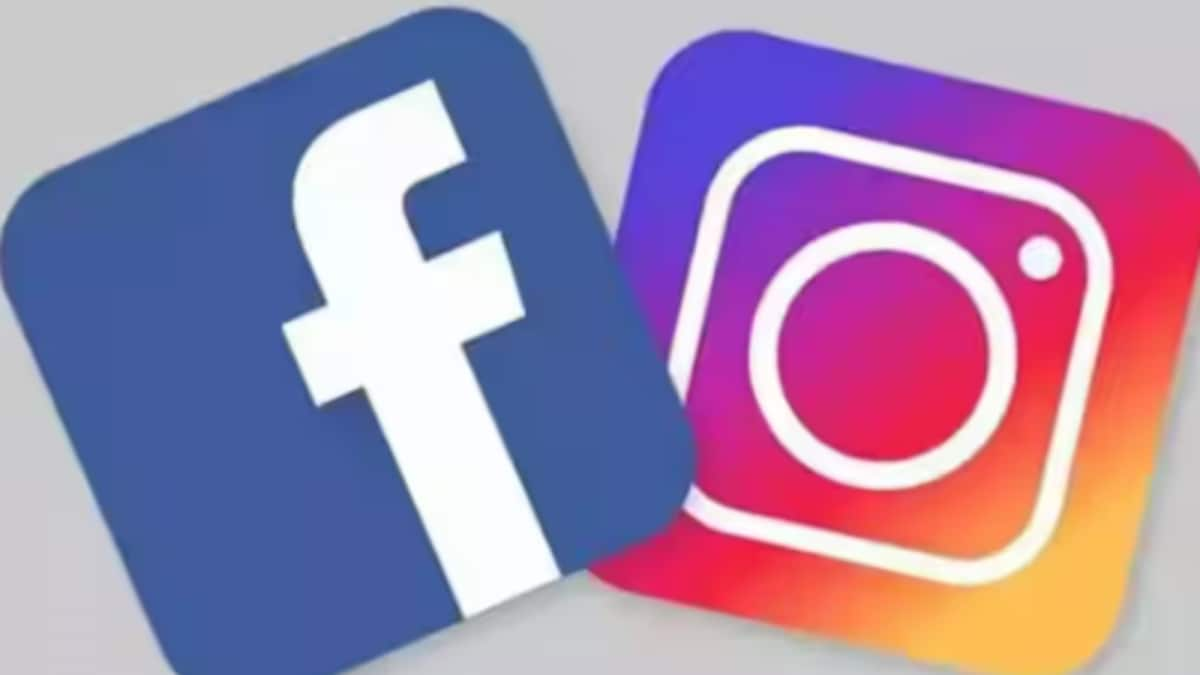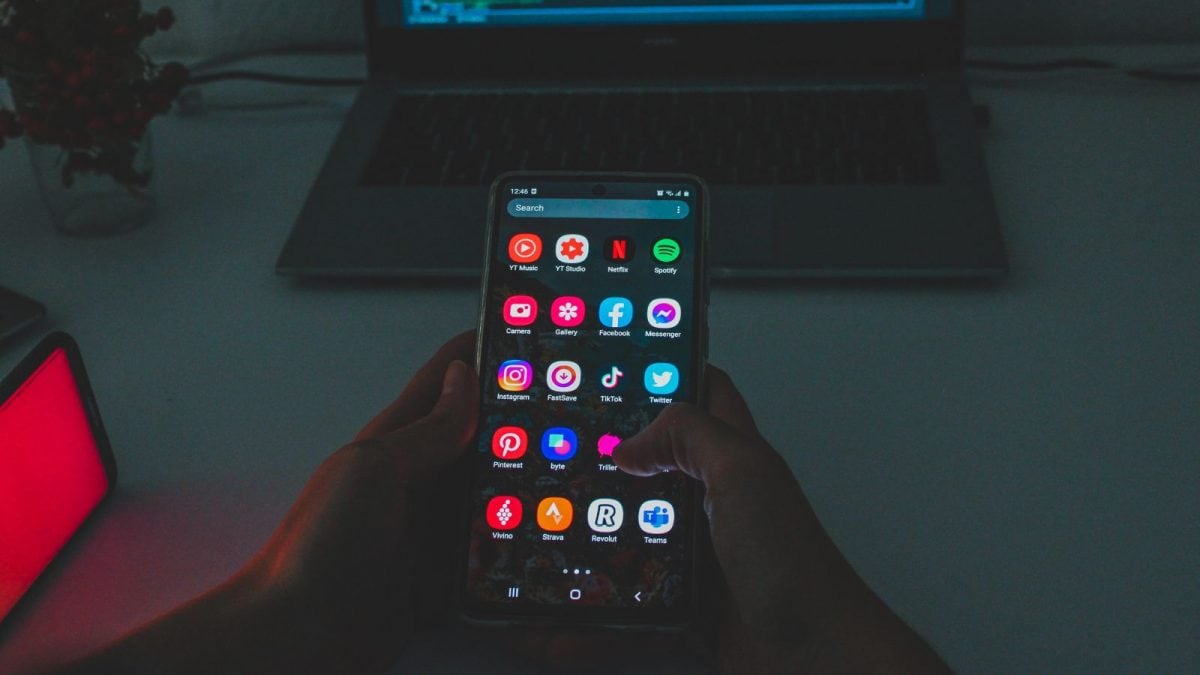Last Updated:
Creators can enable “Translate your voice with Meta AI,” adjust translation and lip-sync settings, review before publishing, and get notifications when ready

Meta has also allowed creators to upload up to 20 dubbed audio tracks for a single Reel on Facebook Pages. (Representative/News18 Hindi)
Meta has introduced a new feature to make online conversations more inclusive, unveiling AI-powered voice translation for Reels on Facebook and Instagram. This tool, named Meta AI Translations, is free to use and is now available globally, enabling creators to share their content in multiple languages without recording separate versions.
Initially, it supports translations from English to Spanish and vice versa, with additional languages to be added soon. The feature allows creators to automatically dub and lip-sync their Reels in another language, broadening their audience reach.
How It Works
To activate this tool, creators need to select the “Translate your voice with Meta AI” option. Once enabled, they can adjust settings for translation and lip-syncing, then share their content.
Creators can also review translations before publishing. Notifications alert creators when translations are ready, or they can finalise changes via the Professional Dashboard.
Viewers will experience translated Reels in their preferred language but can opt to turn off translations for specific languages through the Settings menu.
Additionally, Meta has also allowed creators to upload up to 20 dubbed audio tracks for a single Reel on Facebook Pages, further expanding viewer reach.
This advancement underscores Meta’s commitment to simplifying global communication for digital creators and fostering connections with diverse audiences.
Rising Concerns Over Short-Form Content
Amid these improvements, researchers are advising caution regarding the growing influence of short-form content. Recent studies indicate that platforms like Instagram, TikTok, and YouTube Shorts stimulate brain reward pathways similarly to addictive substances like alcohol.
A study led by Professor Qiang Wang of Tianjin Normal University, published in NeuroImage, found that frequent viewers of short videos exhibit increased brain activity associated with addiction. The study revealed that excessive video consumption negatively impacts attention, memory, and motivation, and increases the risk of depression and sleep disorders.
In China, users spend an average of 151 minutes daily on short videos, with about 96 percent of internet users engaging in this format. Researchers have identified this trend as a public health challenge due to its long-term effects on mental health.
Read More








